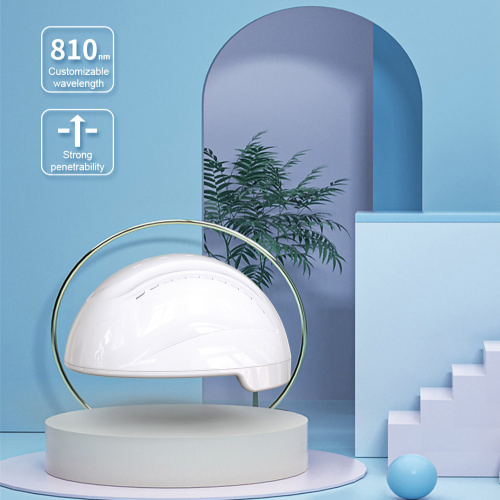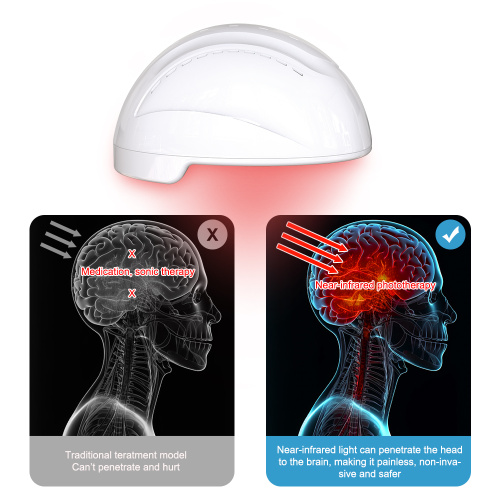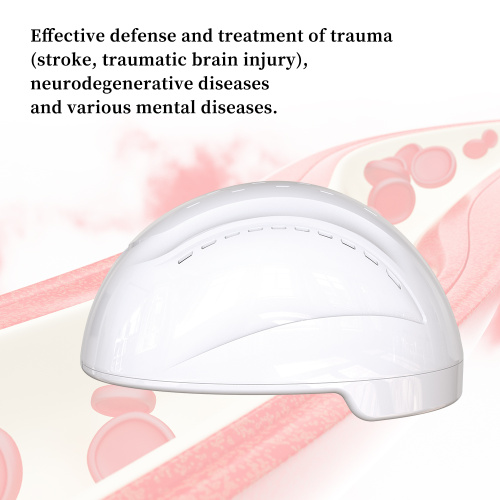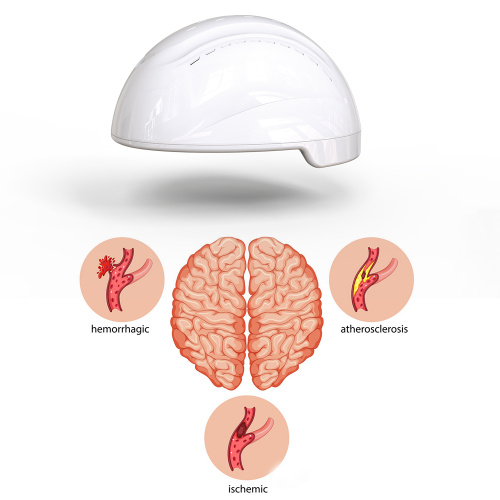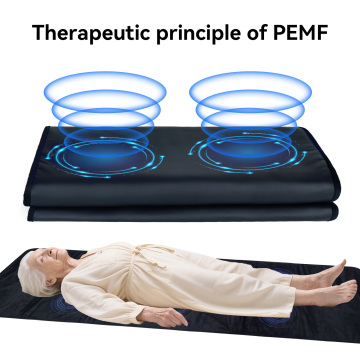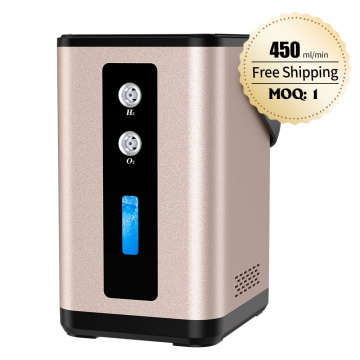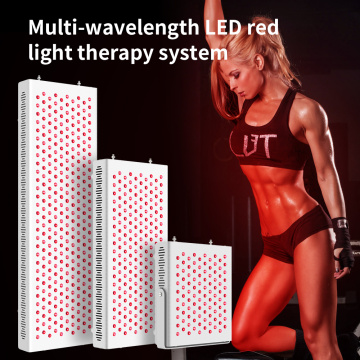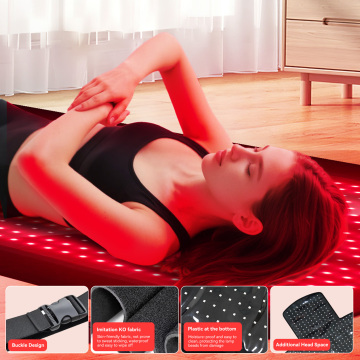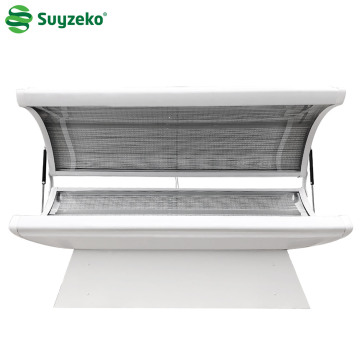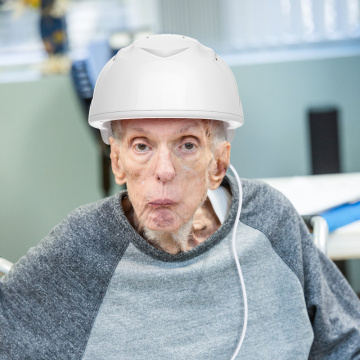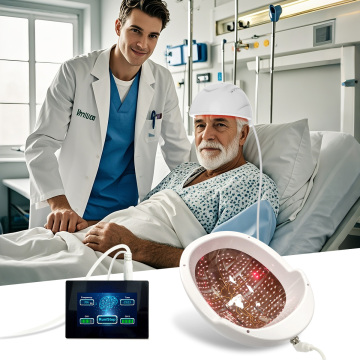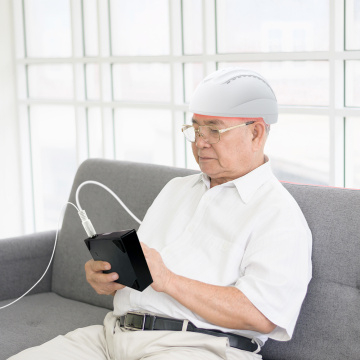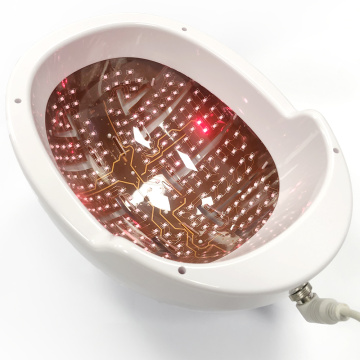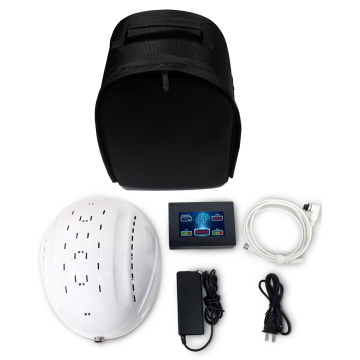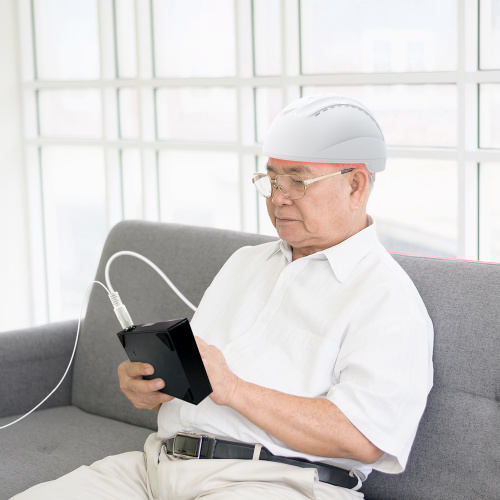
810nm Infrared Light Therapy Helmet for Alzheimer's
-
$1980.001-9 Others
-
$1280.0010-499 Others
-
$650.00≥500 Others
Quantity:
Your message must be between 20 to 2000 characters
Contact NowBasic Info
Basic Info
Product Description
Product Description
Suyzeko Professional Edition 810nm Neuron Modulation, Brain Health Management Device.
810nm LED phototherapy has shown its important significance in the treatment of brain diseases due to its deep penetration ability, cell regeneration and anti-inflammatory advantages. Although further clinical research is still needed to confirm its effects and mechanisms, 810nm phototherapy, as a non-invasive treatment method, may provide new treatment avenues and hope for patients with brain diseases. Suyzeko is a company that has been developing phototherapy equipment for more than 20 years. In 2015, we developed such a device for the treatment of brain diseases, the photobiomodulation helmet. The Suyzeko infrared brain therapy helmet has helped many users to date. It can act on brain degenerative diseases, Parkinson's disease, Alzheimer's disease, etc.; traumatic brain injuries, such as stroke and cerebral infarction, etc.; it can also act on emotional disorder regulation, autism, depression, anxiety, etc.
1. Working Principle
Suyzeko's 810nm near-infrared brain therapy helmet is based on **near-infrared photobiomodulation therapy (PBM)**, using **810nm wavelength near-infrared light** to penetrate the skull and directly act on brain tissue. Its core mechanisms include:
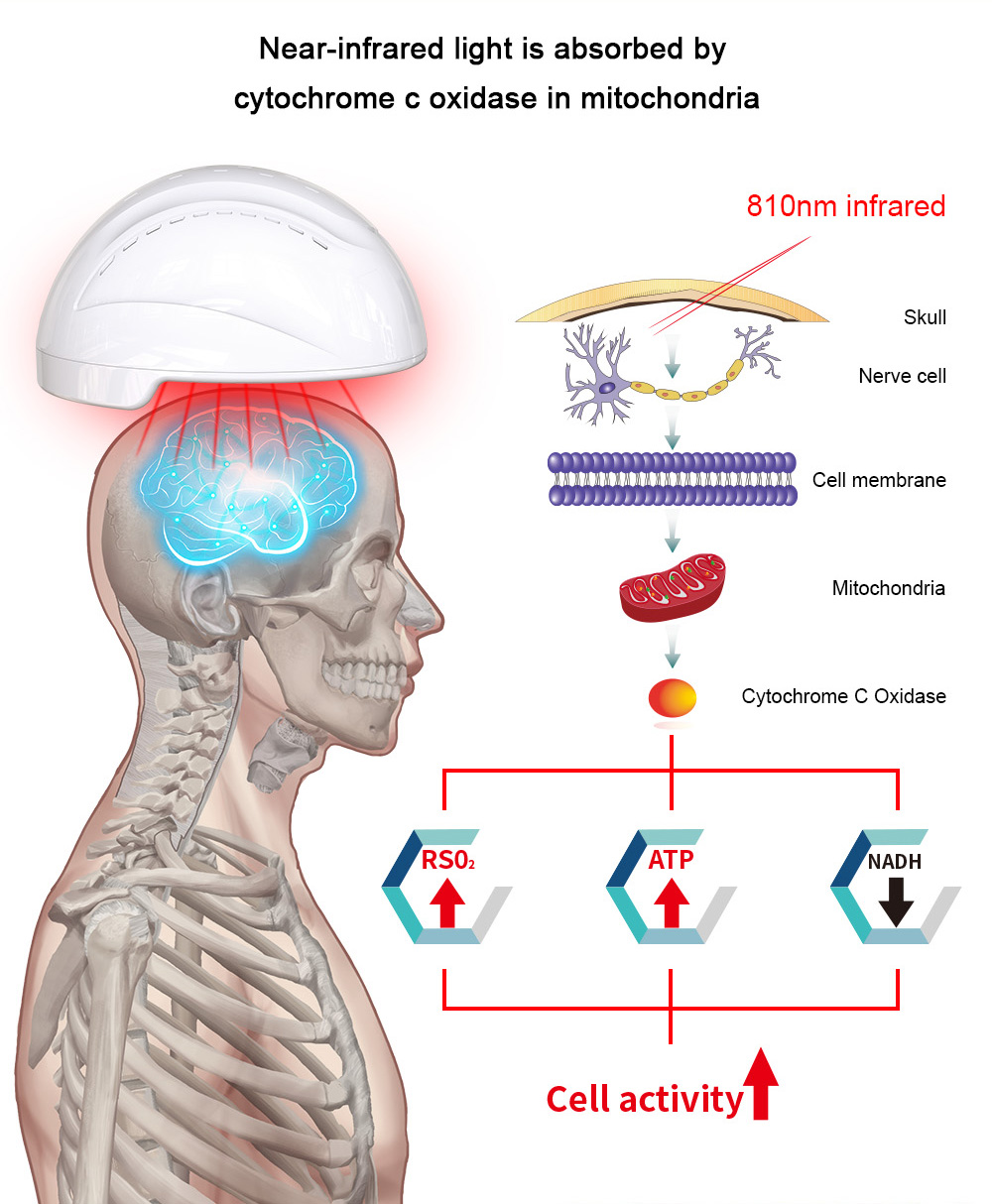
- Neuroplasticity enhancement: Promote synaptic regeneration and neural circuit remodeling by regulating brain-derived neurotrophic factor (BDNF). - Blood flow improvement: Stimulate the release of nitric oxide (NO), dilate cerebral blood vessels, and increase oxygen and nutrient supply.
Who can the Suyzeko infrared therapy helmet help?
1. Scope of indications: - Neurodegenerative diseases: Alzheimer's disease, Parkinson's disease (improving cognition, delaying the course of the disease).
- Mental illness: depression, anxiety, post-traumatic stress disorder (PTSD) (regulating emotion-related neurotransmitters such as 5-HT).
- Brain damage repair: sequelae of stroke, traumatic brain injury (promoting nerve regeneration and functional recovery). - Sleep disorders: insomnia, circadian rhythm disorders (regulating pineal melatonin secretion).
- Children's neurodevelopment: autism spectrum disorder (ASD), attention deficit hyperactivity disorder (ADHD) (improving brain connectivity).
2. Applicable groups:
- Elderly groups: middle-aged and elderly people at risk of cognitive decline or neurodegenerative diseases.
- High-pressure groups: professionals with anxiety, insomnia or brain fatigue caused by long-term stress.
- Postoperative/Recovery Patients: Patients who need accelerated recovery after brain injury or neurosurgery.
- Children: Children with neurodevelopmental disorders evaluated by a doctor (parental supervision is required).
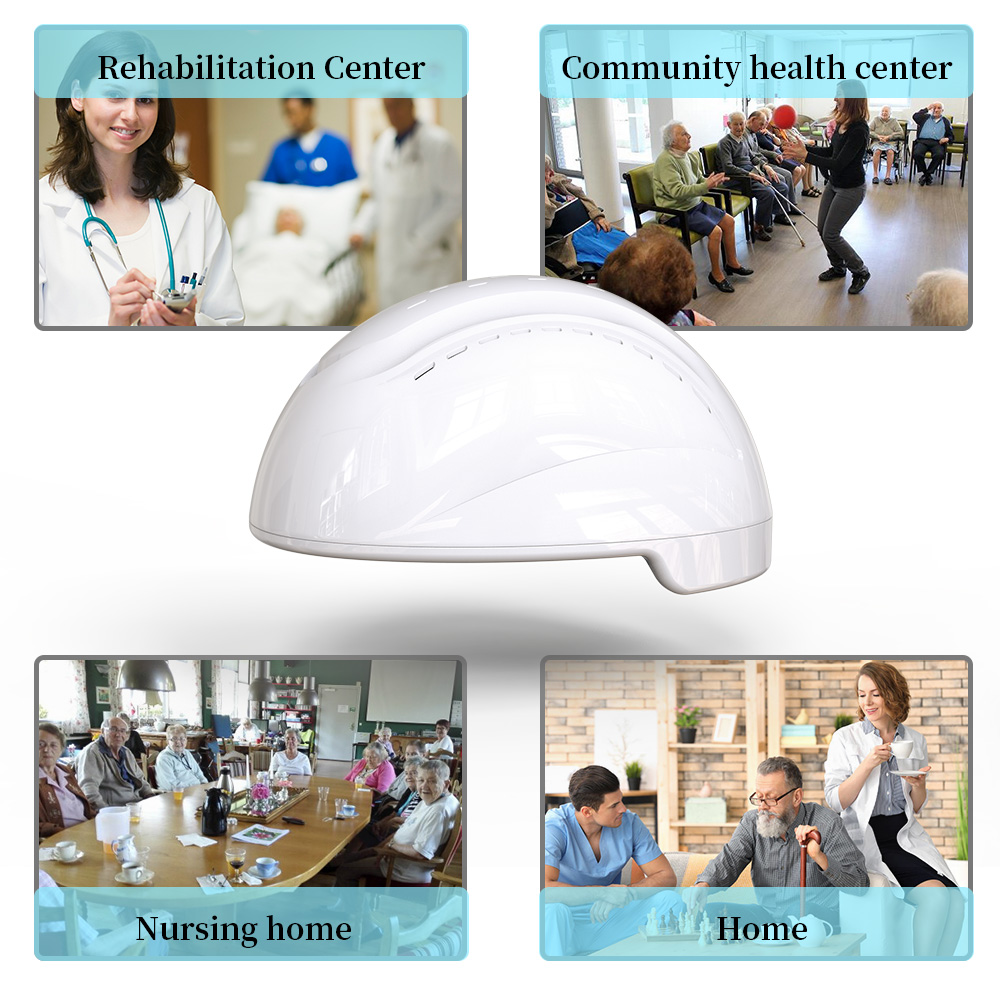
Related Keywords
Related Keywords


